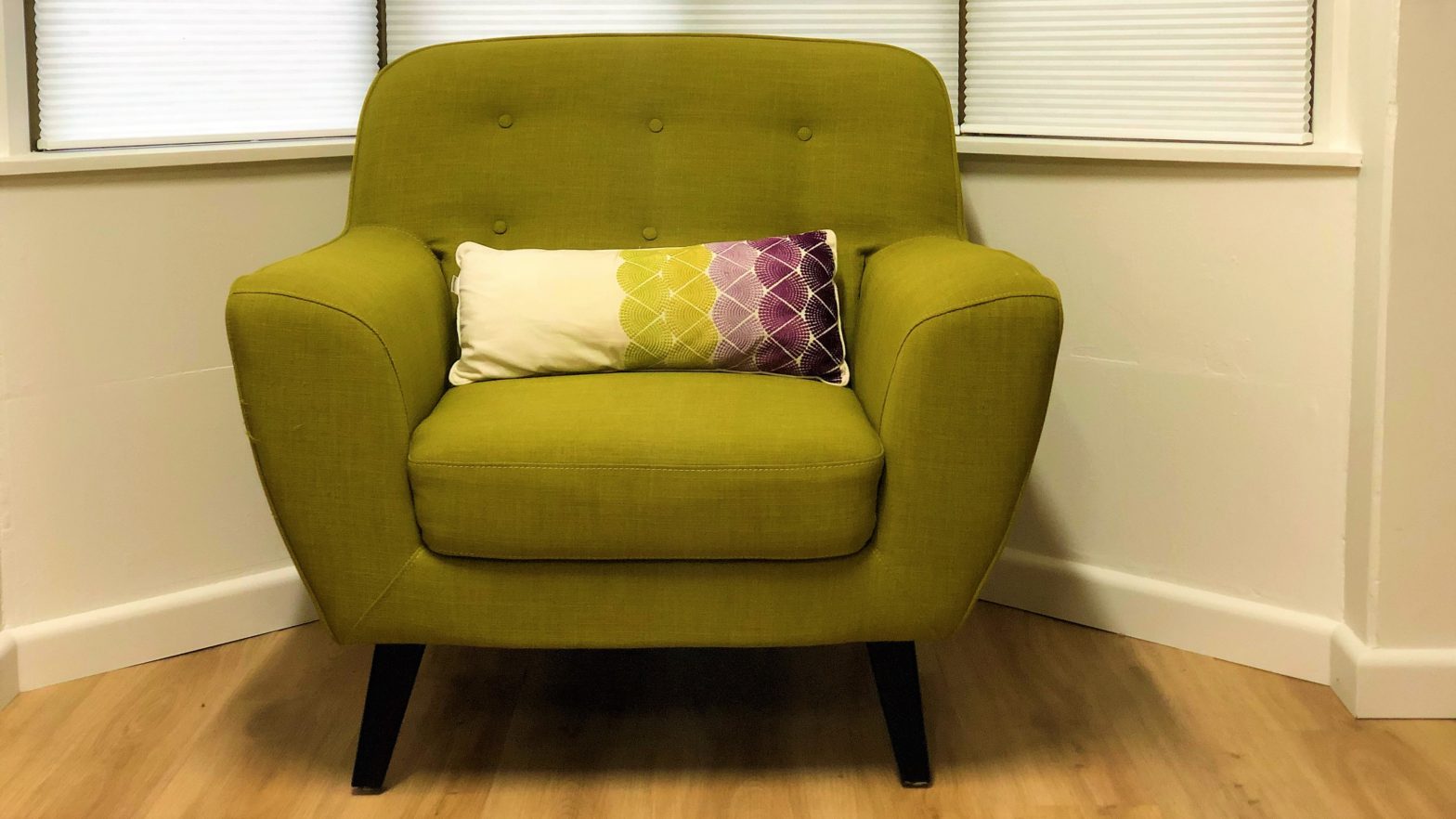
IT’S TIME
It seems this recovery gig is far more complex than anticipated.
If you’d told me three years ago that my poor, long suffering psychologist would still be listening to my woes at the end of 2018, I would have said, No way! (Possibly in much stronger language.) But here we are, 42 months later, and I still grace her couch on a regular basis. And not just for the lols.
Or possibly I’m a very difficult client that for reasons I can’t fathom, has steadfastly failed to implement the strategies on offer. Again and again and again.
When first I sat upon that lovely soft couch, I presented a few problems, strategies were discussed, then I went away and practiced. I’m very obedient. Next time I visited, we delved a little deeper and it seemed my problems were perhaps bigger than anticipated. New strategies to try. Ditto for the next visit – problems even bigger and more deep-rooted than first thought. It took perhaps half a dozen appointments to get right down into the nitty gritty of my shitty stuff, and as it turned out, those first few strategies couldn’t hack the pace. Tougher stuff was needed.
In the meantime, life continued, more shitty things came my way, and I still didn’t have healthy coping mechanisms. A year after I started psychological therapy, I sunk to the proverbial rock bottom and trotted off to a psychiatric inpatient stay.
It was a very wise move at the time.
Since then, I’ve steadily gathered an enormous array of psychological coping strategies for depression and anxiety, self harm and suicidal ideation, and my various eating disorder presentations. Having tools and strategies is great, but it’s not nearly enough. In order to implement them, the desire for recovery has to exceed the pain of recovery. And if you’ve never had to struggle through psychological recovery, let me assure you, it’s a very painful process.
For me personally, the desire to recover directly correlates with my desire to live (which isn’t the same as being suicidal – or not). To live – as opposed to exist – requires a sense of purpose and the ability to picture a future. Not in a prescient way – just in a hopes and dreams kind of way. This has been a big – BIG – stumbling block. The pain and fear associated with recovery has always seemed greater than the pain and fear of staying where I am.
I’m ready to turn things around now.
Not that I’ve suddenly come up with a huge list of hopes and desires and dreams, but last week I did some very difficult writing for the memoir I’m penning, and it turned out to be quite cathartic and healing. It’s writing that needs more polishing, but I got the gist of it down and it helped. A lot.
I also know that while lots of people cheer me on and offer help in any way they can (friends, family, professionals, randoms), I’m the only person that can do this. I’m the only person who is ultimately accountable. Nobody can make me recover, but I can choose to finish what I started.
I’ve drawn up a list of daily commitments, as well as goals for November, then popped the lists into my phone so I can tick things off every day and feel successful. There’s something very satisfying about ticking off to-do lists. It’s not a magic cure, but then again, there’s no such thing. It’s not a new psychological coping tool or strategy – but I’ve learned just about every available strategy. The daily commitments are a means of making myself accountable – to me.
Daily Commitment
- Make my bed
- Begin with gratitudes
- Something around the house
- Daily writing
- Leave my feet alone
- Spend time with my husband
- 10K steps per day
- One hour workout
- In bed before 1am
- Out of bed by 8am
- No “extra” meds
- Breakfast 7-9am
- Lunch 12-2pm
- Dinner 6-8pm
- “Normal” sized meals
- Stock pantry with “safe” foods
- Keep everything down
- Drink lots of water
- More herbal & less caffeinated tea
- More fruit & veg, less milk & cereal
Today was day one. It was moderately successful. I attempted everything on the list, but couldn’t keep dinner down (still having problems with my empty lapband), and I haven’t done anywhere near 10K steps (lots of excuses – won’t bore you with them). Everything else has been ticked off, which is very satisfying.
I have a feeling in my waters – as very old people like to say – that I’m in the process of turning a corner. I hope not to look back on this post and wonder what I was thinking. I hope instead, to look back on this post and see I finally pulled all the bits and pieces together. After a mere 42 months.



Comments
I think you’re doing incredibly well, especially where self-reflection, accumulating coping strategies, and making steps to move forward are all concerned. I’m glad that starting on the writing for the memoir has been cathartic, but I do agree from my own experience, as different as it is to yours, that “psychological recovery, let me assure you, it’s a very painful process”. The daily commitments are a great idea. It doesn’t matter how long all of this takes, the fact is you’re getting there, you’re on the journey (I’m not sure there’s necessarily a destination) and you should be incredibly proud.xx